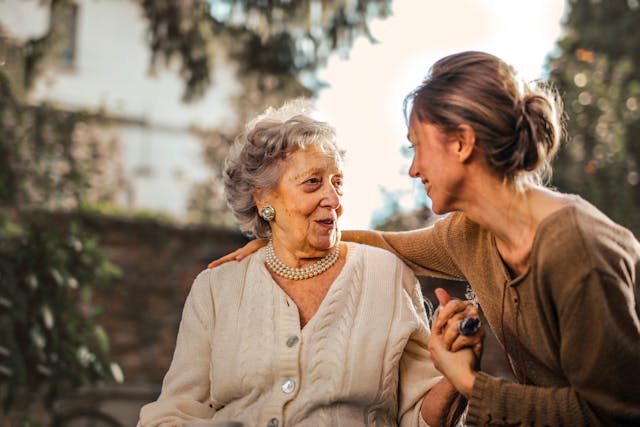Smart Homes for Seniors' Health and Well-being
Smart homes can improve care for seniors by monitoring their health and well-being. These homes have advanced technology that tracks vital signs like heart rate, blood pressure, and oxygen levels. This real-time data helps caregivers and healthcare providers monitor seniors' health.
Wearable devices and intelligent scales are part of the smart home system. They monitor things like weight changes, sleep patterns, and activity levels. The system can let caregivers and healthcare providers know if something seems off. This can help catch health problems early on.
Smart homes are also great at detecting falls. If a senior falls, the system can let emergency services know right away, giving both seniors and their caregivers peace of mind. Smart homes can even help healthcare providers check in on seniors from a distance. This means fewer trips to the hospital and better overall well-being for seniors. It's crucial to ensure the security of the data collected in a smart home. Seniors need to trust that their information is safe. In the future, smart homes will likely have even more advanced health monitoring tools. Imagine a home that can predict health crises and save lives.
Medical Alerts in Smart Homes
Medical alert systems are essential for seniors living in smart homes. These systems can quickly get help in emergencies and give seniors and their caregivers peace of mind.
Now, medical alert systems come with innovative technology. They can detect falls and even track a senior's location using GPS.
Medical alert systems can also work with other smart home devices to ensure seniors stay safe. For example, they can unlock doors for emergency responders and turn on lights for better visibility.
Choosing the right medical alert system is essential. Factors like range, battery life, and ease of use must be considered.
By combining medical alerts with smart home technology, seniors can live independently and safely.
Medical Alerts for Alzheimer's or Dementia
Medical alert systems are crucial for people living with Alzheimer's or dementia. These systems can help locate someone who has wandered off and detect falls.
Some systems also offer medication reminders, which can be helpful for those with memory loss.
These systems must be easy to use since people with Alzheimer's or dementia might have trouble understanding complex instructions.
Medical Alerts for Heart Patients
For people with heart conditions, medical alert systems are critical. These systems can detect irregular heart rhythms and low oxygen levels.
They can also help in case of falls, which are a higher risk for heart patients. A medical alert system can give patients and caregivers peace of mind.
It's essential to choose a system with features that are tailored to heart health, like heart rate monitoring and emergency response.


